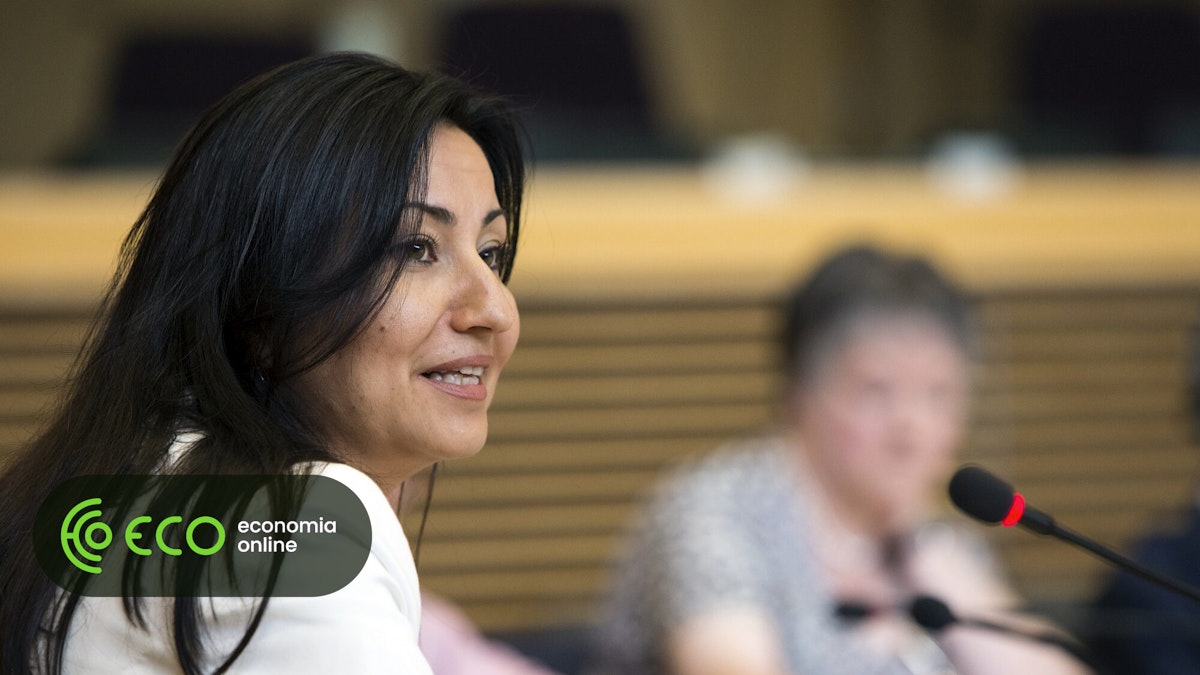“It was like preparing for a war.” How Portugal has dealt with childhood hepatitis, whose acute origin mystery remains unsolved
Of the suspected cases confirmed in Portugal, two were considered serious, but there was still no need for a transplant.
The Directorate-General for Health (DGS) had confirmed cases as of Monday for 17 suspected cases of acute childhood hepatitis, a disease still unknown. The first was detected on April 28, precisely two months ago, a day that coincided with the creation of a task force to monitor the case, and which has specialists from the National Program for Viral Hepatitis (PNHV) and the Portuguese Society. of Pediatrics (SPP).
Representing the SPP is Isabel Gonçalves, a pediatrician who explains to CNN Portugal that the 17 cases were reported in children aged between five months and 15 years. The specialist avoids suspected cases by talking about “probable cases”, as she says, “the strategy of the disease is not yet known, so all cases are probable”.
Disability is greater at younger ages, with 80% of children identified in Portugal being under five years old. That is why there is increased care, which brings the hospitalization rate to close to 70%.
“These are very young children, with different values, with hepatitis considered severe”, he says. There is still no need for treatment, two children who do not yet have cases, let’s say more serious, need treatment:
The world director of the PNHV confirms the international version of the children, cases that Portugal’s figures reflect reality: “There was, but very serious, not reality. Worldwide, the proportion level dropped from 10% to 5%”, he says. up, corroborating data from the World Health Organization (WHO), which indicated that 30% of the cases required hospitalization, and, of the 920 reported cases in 33 countries, 18.
Rui Tato Marinho explains to CNN Portugal that some of the admissions are made out of “precaution”, “more than for a while, because there is a greater alert”.
N/A last update (not yet with the two most recent cases in Portugal), the European Center for Disease Control and Prevention (ECDC) has confirmed 449 suspected cases.
The origin of the disease remains a mystery
The origin and cause of this disease remain unknown, so the WHO reinforces an investigation, having asked countries to provide more complete data on cases they identify.
The request was made by Philippa Easterbrook, a specialist with the United Nations’ hepatitis program, who spoke last week at the International Liver Congress. “We need to know more information in the past, which made us know your exposure of information in the past [do doente] and how the disease develops in those who are hospitalized”, he said.
Rui Tato Marinho indicates that in Europe there is a great coordination in the sending of data, referring that Portugal sends, in a systematic way, in a systematic way, as there is that it will do. According to the specialist, who was recently present at a meeting with the WHO, “there has been a decline in the number of cases worldwide”. This is, moreover, one of the central roles of the created task force. Isabel Gonçalves highlights this action of the cases, but warns that “the alert has not been suspended”: “It is necessary to clearly notify all cases that arise.
“All the data are being evaluated by the ECDC. We are always in line with Europe”, adds Rui Tato Marinho, referring to all the data that are being studied in the laboratory of the Ricardo Jorge National Health Institute. , not least because “these may be different from country to country”.
Isabel Gonçalves that this coordination is done through the College of Public Health Specialty (CESP) and also responsible for sharing the latest data that is being analyzed in Portugal.
Two cases of the hypotheses have more strength are the one that link a simple disease and have the link of the disease to covid-19: “Most of the viruses are adeno or SARSV-2, but the work will take a few months, there are many lines of investigation”, indicates Isabel Gonçalves.
These two hypotheses were mentioned in a study published in the journal Lancetwhere the researchers linked the appearance of cases with a previous infection of another attempt by an adenovirus (such as a common attempt), which a viral reservoir (where the virus stays longer) intestinal.
Even so, says Rui Tato Marinho, “there has not been much progress” in the investigation to discover a cause, and it is in the United Kingdom, the country with the most cases (262), that the research is more advanced.
Isabel Gonçalves goes further and even admits that “it will take a few months before we understand how the causes of the cases evolved”, so that the disease can then be perceived as true.
The most recent guidance from the Directorate-General for Health contains hepatitis that suspected cases of acute in children up to 16 years of age should be seen in a hospital urgently.
The disease can manifest itself in several ways, with typical symptoms being: abdominal pain, nausea, diarrhea, v symptom problems or fever.
In the most serious cases, the disease can even lead to the need for a liver transplant or, at the limit, to death, as has already happened to 18 children.
The other countries with suspected or confirmed cases identified by the ECDC are the United Kingdom (262), Spain (37), Italy (33), the Netherlands (15), Ireland (14), Belgium (14), Sweden (9), Greece (9), Poland (8), France (7) Denmark (7), Israel (5), Norway (5), Austria (3), Cyprus (2), Bulgaria (1), Moldova (1), Serbia ( 1) and Latvia (1).
What has the task force done?
Rui Tato Marinho is one of the central figures of the task-force created, which left the country to be prepared by the GS for confirmed cases: “The group prepared the and, fortunately, even”, he says, remembering that the same did not happen with monkeypox, for example, which already has more than 300 confirmed cases in a month.
The task force’s objective is to prepare health professionals, especially pediatricians, so that they are better trained to deal with the different possible cases of infection. In addition, according to the gastroenterologist, it was also important in the communicational management of the disease: “Communication is important, because there are people, especially parents, who may be worried”.
“It was like a preparation for a war that doesn’t know how it will be”, he adds, justifying the need for a preparation to “take measures and justify when justified”.
For Isabel Gonçalves, the keyword is “coordination”. This is what a working group is for, allowing “to be more alert” but also “to prepare and coordinate pediatricians so that they are in accordance with published technical guidance”.
Moreover, despite having been announced in the first suspected case, a task force has already met before, not at first with that name: “It was a new situation, the meeting did not depend on the suspected case”.
“At the time it was impossible for Portugal not to have a case of hepatitis”, the specialist.
Data and investigations are constantly confirmed, and in Portuguese there is cooperation with Spanish health authorities, which already confirms more than 20 cases. The results of the meetings are shared between several health professionals , pediatricians and researchers at the National Institute of Health Doutor Ricardo Jorge.
The creation of the task force, concludes Rui Tato Marinho, makes the country “super prepared, even if things get worse”.




